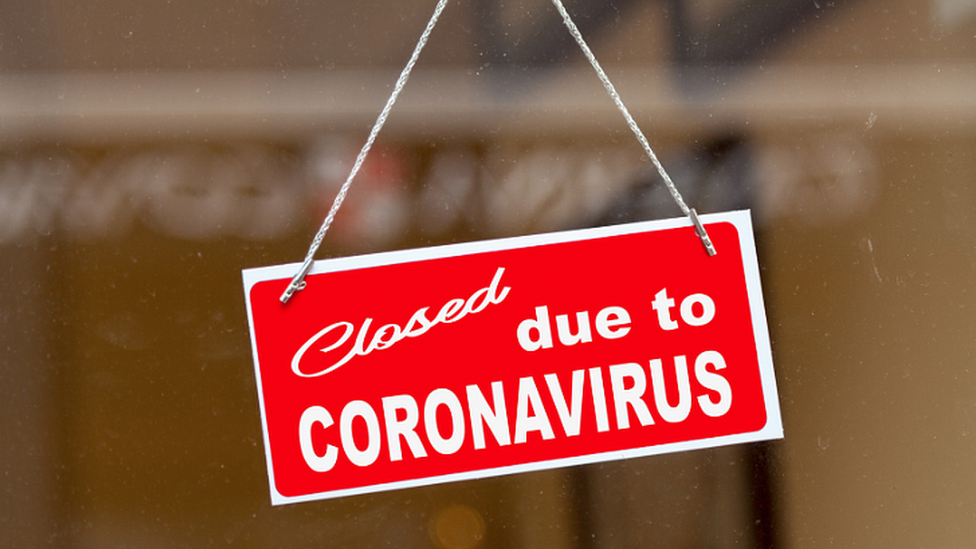Covid: Legal ruling 'saviour' for Wales' food, drink and leisure firms
- Published
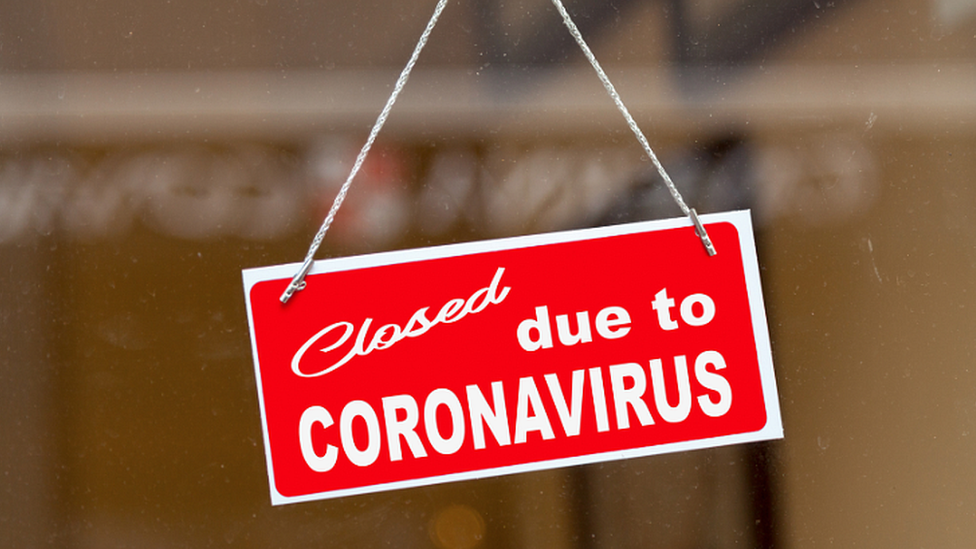
Firms thought they had paid for insurance cover when lockdowns first hit last year
A legal ruling on business insurance could be the "saviour" of Wales' food, drink and leisure industries, according to lawyers.
Thousands of small firms had been told interruption of trade from Covid was not covered by policies.
But Supreme Court judges ruled that most policyholders hit during the first coronavirus lockdown did have cover.
Insurance firms have been urged to act quickly, with the sector expected to pay out close to £2bn.
"It's a huge relief for the thousands of businesses who were denied insurance cover," said Guto Llewelyn, of Capital Law.
His firm represents more than 100 businesses on the issue, many from Wales, across the hospitality sector, and also in the leisure, retail, healthcare and the creative industries.
"The Supreme Court's decision now shows that this collective pressure has finally borne fruit," he explained.
"Now is the time for insurers to repair their reputation by respecting the court's judgement and paying their policyholders as soon as possible.
"If they don't, they expose themselves to legal action and serious reputational damage.
"Whatever it takes, we'll fight for our clients until they get the money they're owed and need to survive."

'Body blow'
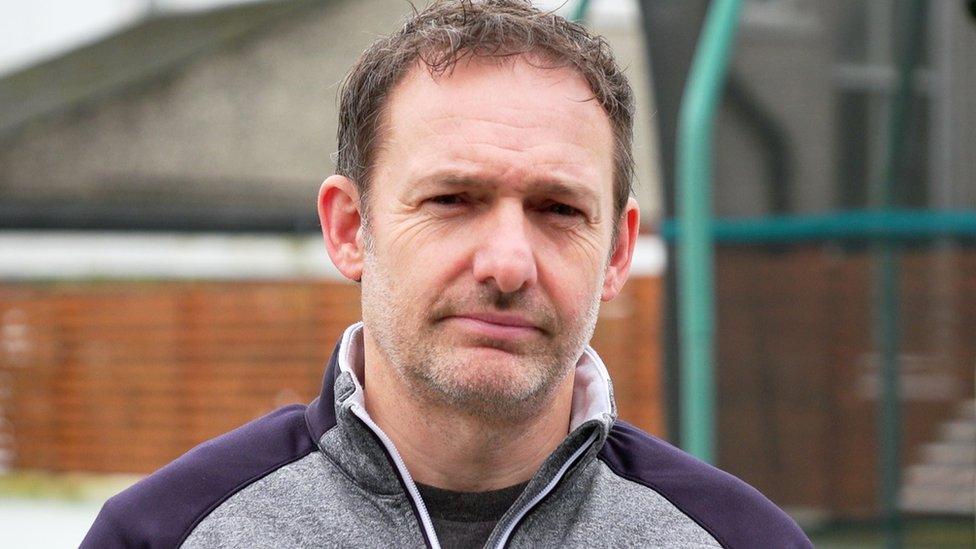
Golf firm founder Eryl Williams said having a claim rejected was frustrating
While the hospitality industry has been particularly badly hit by Covid, many other companies were also affected by the insurers' decision not to pay out.
Asbri Golf has 12 members of staff and has been trading since 2004 in Caerphilly, into a global market, and hopes to benefit from the ruling.
"We got our original business interruption claim rejected, which was a body blow after the impact of the first lockdown on the company," said founder Eryl Williams.
"We spend thousands on business insurance every year and have never claimed previously, so it was very frustrating when a legitimate claim was rejected because Covid-19 wasn't written on the list of diseases, even though it didn't exist when we took out the policy."


How did this end up in court?
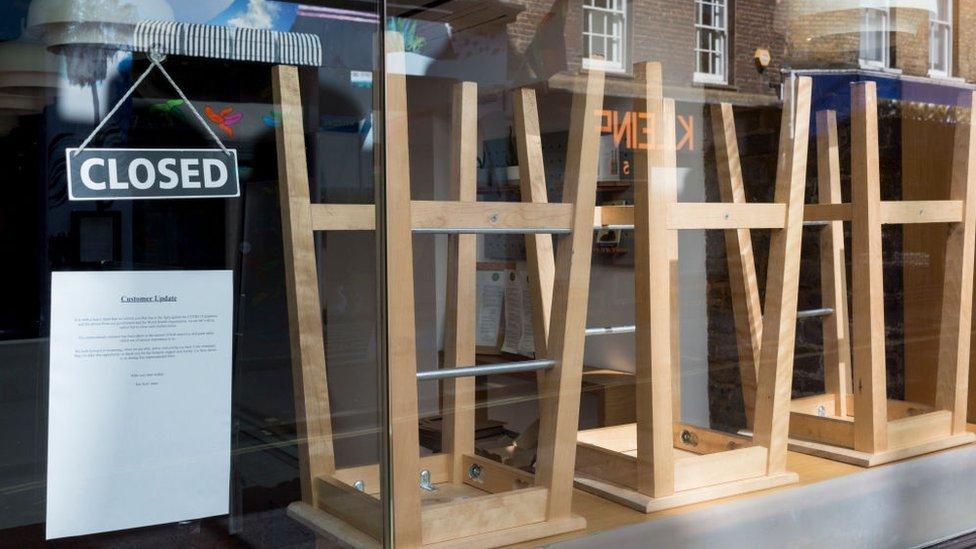
Thousands of small businesses were affected
In the lockdown of last spring, many small businesses made claims through business interruption insurance policies for loss of earnings when they had to close.
But many insurers refused to pay, arguing only the most specialist policies had cover for such unprecedented restrictions.
This new ruling has come from a test case brought by watchdog the Financial Conduct Authority (FCA), and involved eight insurers.
It was agreed a selection of policy wordings should be tested in court, setting the parameters for what would be considered a valid claim.
The ruling provides guidance for a wider pool of 700 policies, potentially affecting 370,000 small businesses - although only some of these will end up with payouts.
The complex ruling covers issues such as disease clauses, whether business were denied access to the properties, and the timing of lost earnings.
Claims 'will be settled'
"Insurers have supported this fast-track legal process every step of the way and we welcome the clarity that the judgment will bring to a number of complex issues," said Malcolm Tarling, from the industry body, the Association of British Insurers.
"The insurance industry expects to pay out over £1.8bn in Covid-19 related claims across a range of products, including business interruption policies. Customers who have made claims that are affected by the test case will be contacted by their insurer to discuss what the judgment means for their claim.
"All valid claims will be settled as soon as possible and in many cases the process of settling claims has begun."
- Attribution
- Published15 January 2021
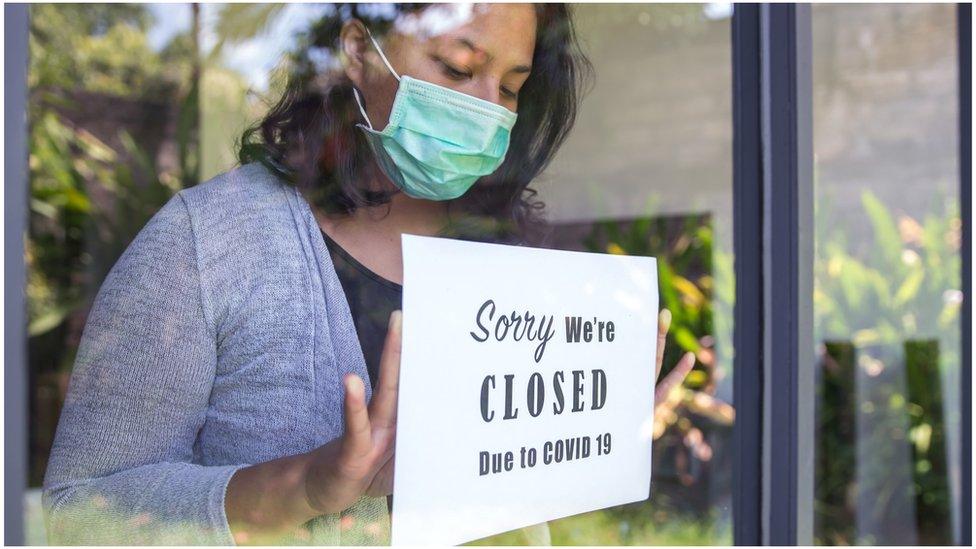
- Attribution
- Published27 April 2020
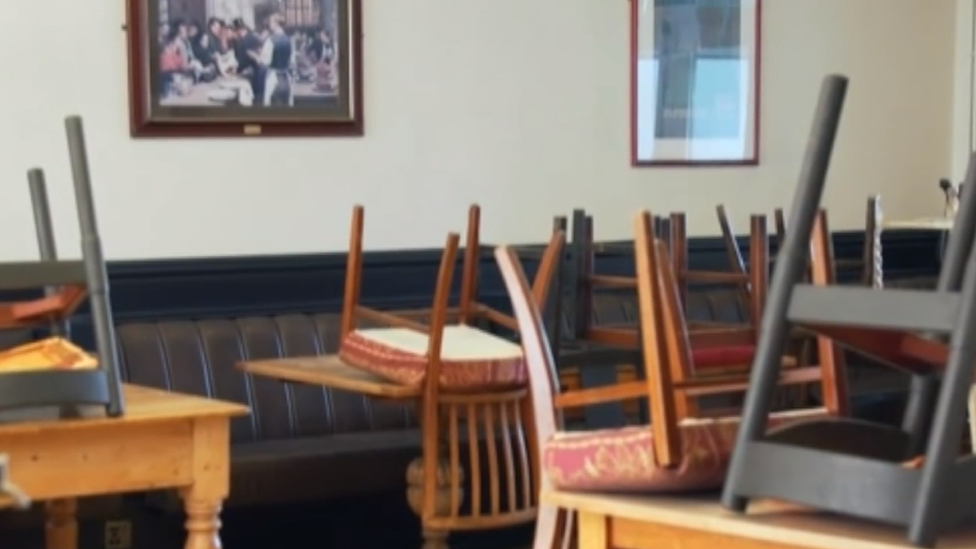
- Attribution
- Published15 April 2020
